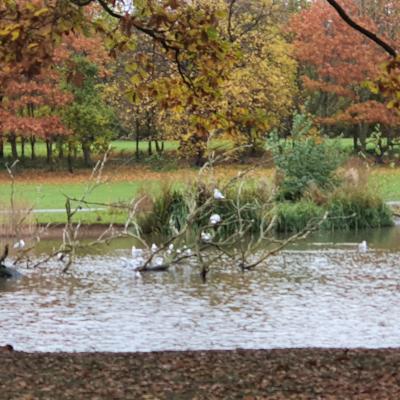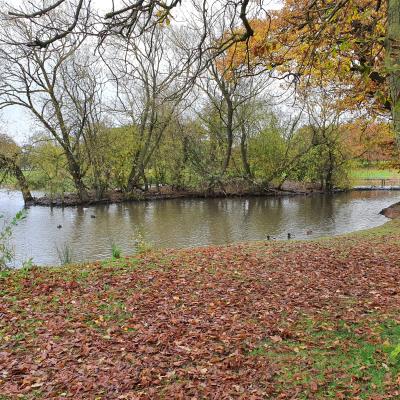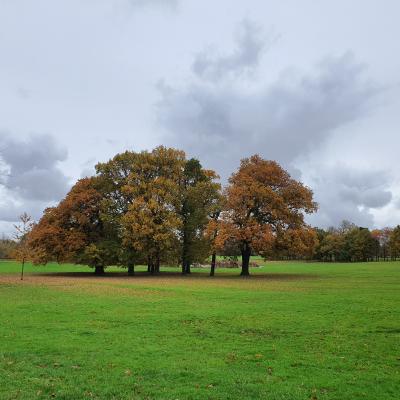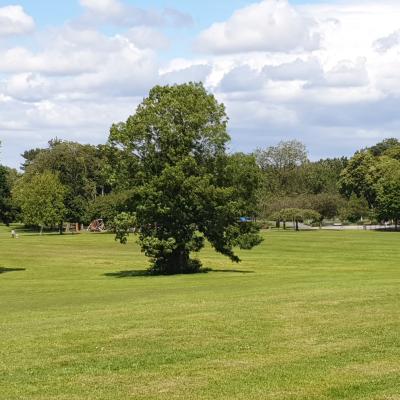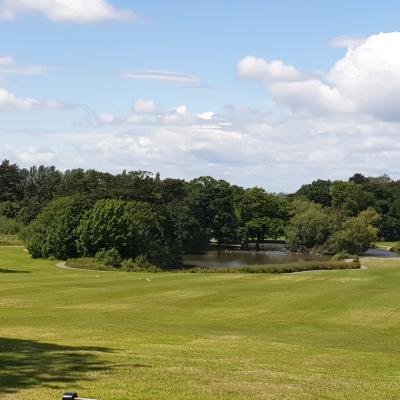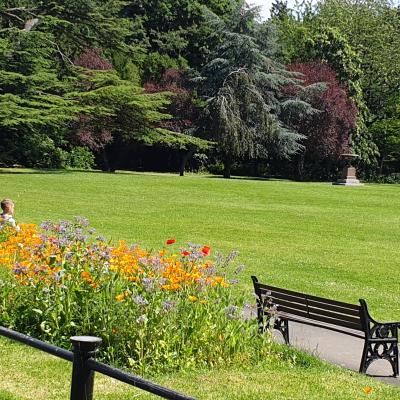
🏠 BBC Licence Fee Reform: A Progressive Proposal Tied to Property Value
In a bold move that could reshape how the UK funds its national broadcaster, BBC Chairman Samir Shah has proposed a radical overhaul of the TV licence fee system. Instead of the current flat-rate charge of £174.50 per household, Shah suggests a progressive payment structure linked to the value of one’s home, collected alongside Council Tax.
This idea, floated in interviews and BBC reports, comes amid declining licence fee revenues and mounting pressure from streaming platforms like Netflix and YouTube. With the BBC’s Royal Charter up for renewal in 2027, the timing of this proposal is critical.
📈 The Case for Reform
Shah’s proposal aims to address several long-standing criticisms of the current licence fee model:
- Fairness and Equity
The flat-rate fee is often described as regressive, disproportionately affecting lower-income households. Tying the fee to property value could make contributions more equitable, with wealthier households paying more. - Simplified Collection
Integrating the fee into Council Tax payments could streamline administration and reduce enforcement costs. Shah argues this would eliminate the need for criminal prosecutions for non-payment, which he calls “too harsh”. - Universal Coverage
The new model would make it harder for households to opt out, ensuring broader funding support for the BBC’s universal services. - Political Independence
Shah has rejected funding the BBC through general taxation, warning it could expose the broadcaster to undue government influence.
⚖️ Potential Benefits
|
Benefit |
Description |
|---|---|
|
Progressive Funding |
Wealthier households contribute more, easing the burden on lower-income families. |
|
Reduced Enforcement |
Fewer prosecutions and letters demanding payment; less administrative overhead. |
|
Stable Revenue |
A broader base of contributors could help offset declining licence numbers. |
|
Preserves Universality |
Avoids subscription models that could fragment access to BBC content. |
⚠️ Possible Drawbacks
|
Concern |
Description |
|---|---|
|
Loss of Choice |
Households that don’t consume BBC content would still be required to pay. |
|
Council Tax Complexity |
Adding another layer to Council Tax could complicate local billing systems. |
|
Regional Inequities |
Areas without Council Tax (e.g. Isle of Man, Channel Islands) would need alternative mechanisms. |
|
Property Value ≠ Income |
Asset-rich but cash-poor households (e.g. pensioners) might face higher fees despite limited income. |
|
Public Resistance |
The proposal could face backlash from those who view it as intrusive or unfair. |
📉 The Bigger Picture
The BBC is grappling with a changing media landscape. In 2024–25, licence fee income rose slightly to £3.8 billion, but the number of active licences fell by 300,000, continuing a multi-year decline. Streaming services are eroding traditional viewership, and younger audiences are increasingly turning to platforms like YouTube and TikTok.
Shah’s proposal is part of a broader conversation about how to future-proof the BBC. While subscription models and advertising have been considered, Shah insists these would undermine the BBC’s public service mission and threaten competitors like ITV.
🗣️ Public and Political Response
Culture Secretary Lisa Nandy has expressed openness to reform, acknowledging that the current model is “harder for poorer households to pay”. However, no formal government endorsement has been made, and the proposal is likely to be a key issue in the upcoming Charter review.
🔮 What Comes Next?
As the BBC prepares for its biggest transformation in decades, the debate over funding will intensify. Shah’s progressive property-based model offers a compelling alternative—but it must navigate political scrutiny, public opinion, and logistical hurdles.
Whether this proposal becomes policy or sparks a broader rethink, one thing is clear: the future of the BBC—and how we pay for it—is up for negotiation.
📉 BBC Licence Fee Payments: A 15-Year Decline
Over the past decade and a half, the BBC has witnessed a steady erosion in the number of households paying the TV licence fee, driven by shifting media habits, economic pressures, and growing public resistance.
📊 Long-Term Trends (2010–2025)
|
Year |
Licences in Force |
Licence Fee Income |
Notes |
|---|---|---|---|
|
2010/11 |
~25.5 million |
£3.5 billion |
Peak period for traditional TV |
|
2015/16 |
~25.0 million |
£3.7 billion |
Streaming begins to impact viewership |
|
2020/21 |
~24.5 million |
£3.75 billion |
COVID-19 boosts short-term engagement |
|
2023/24 |
24.1 million |
£3.66 billion |
Decline accelerates amid cost-of-living crisis |
|
2024/25 |
23.8 million |
£3.8 billion |
300,000 fewer licences despite income rise |
📌 Key Insight: While income rose slightly in 2024/25 due to a fee increase to £174.50, the number of paying households fell by 300,000, continuing a multi-year downward trend.
🚨 Evasion and Opt-Outs
- Licence Fee Evasion hit a 30-year high in 2024/25, with an estimated 12.52% of households illegally avoiding payment.
- “No Licence Needed” declarations rose to 3.6 million, up 10.5% from the previous year.
- Combined, these figures represent over £1 billion in potential lost revenue.
📺 Changing Viewing Habits
- Younger audiences are increasingly turning to YouTube, TikTok, and Netflix, with BBC’s reach among 16–34 year olds dropping to 67% in 2024/25.
- Only 27% of video time among this group is spent on UK broadcasters.
🧮 Real-Term Impact
Despite nominal increases in income, the BBC’s real-term funding has dropped by 30% since 2010/11, due to inflation and declining licence uptake. This has led to:
- Budget cuts across programming and services
- Increased reliance on commercial revenue (e.g. BritBox, BBC Studios)
- A push toward digital-first strategies like BBC iPlayer
PEOPLE WOULD HAVE NO CHOICE BUT TO PAY, AND WHY SHOULD SOMEONE WHO HAS WORKED AND CAN AFFORD A BIGGER HOUSE THAN SOMEONE ELSE , BE FORCED TO PAY MORE FOR THE SAME SERVICES, OR BE FORCED TO PAY FOR SOMETHING THEY DO NOT USE. THE LICENSE SHOULD BE SCRAPPED.

